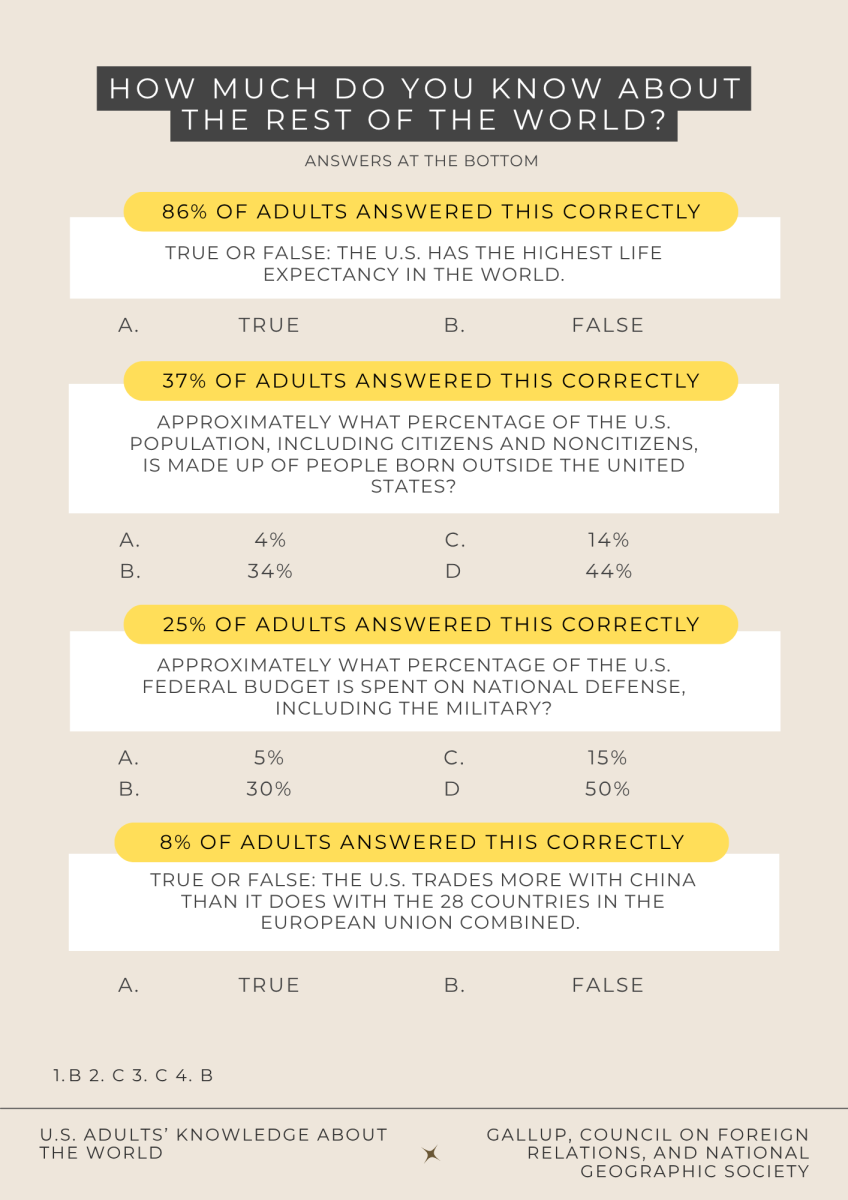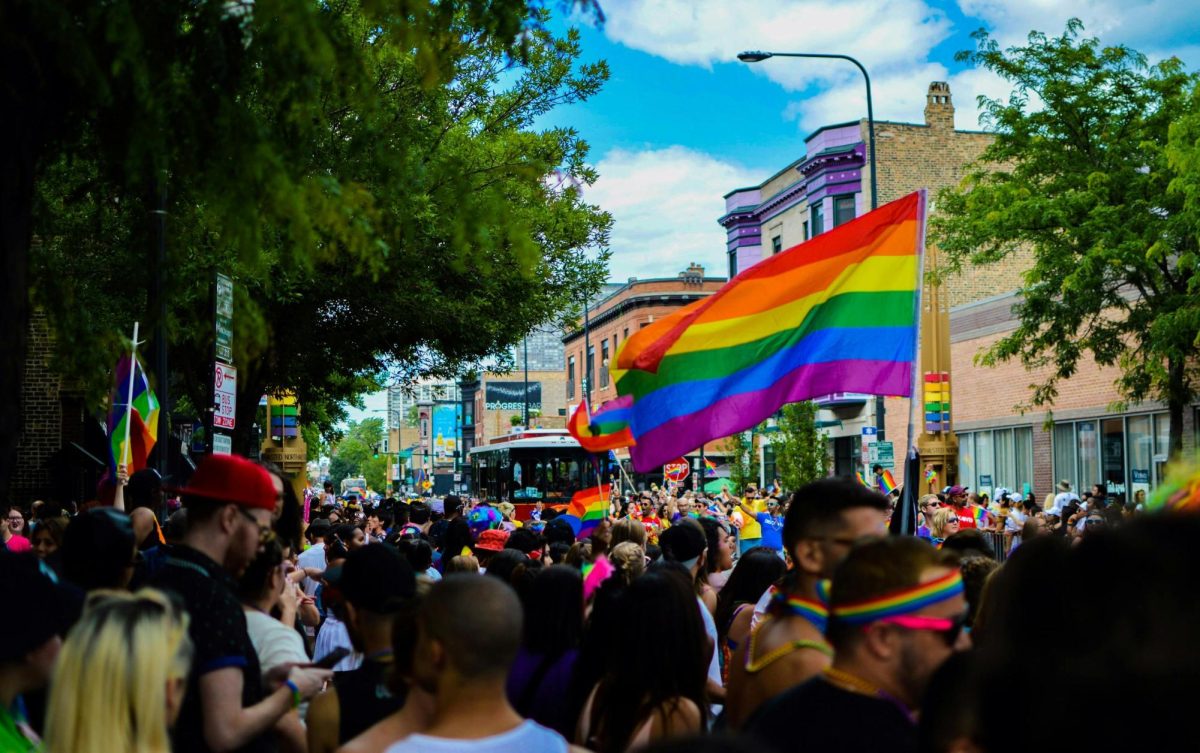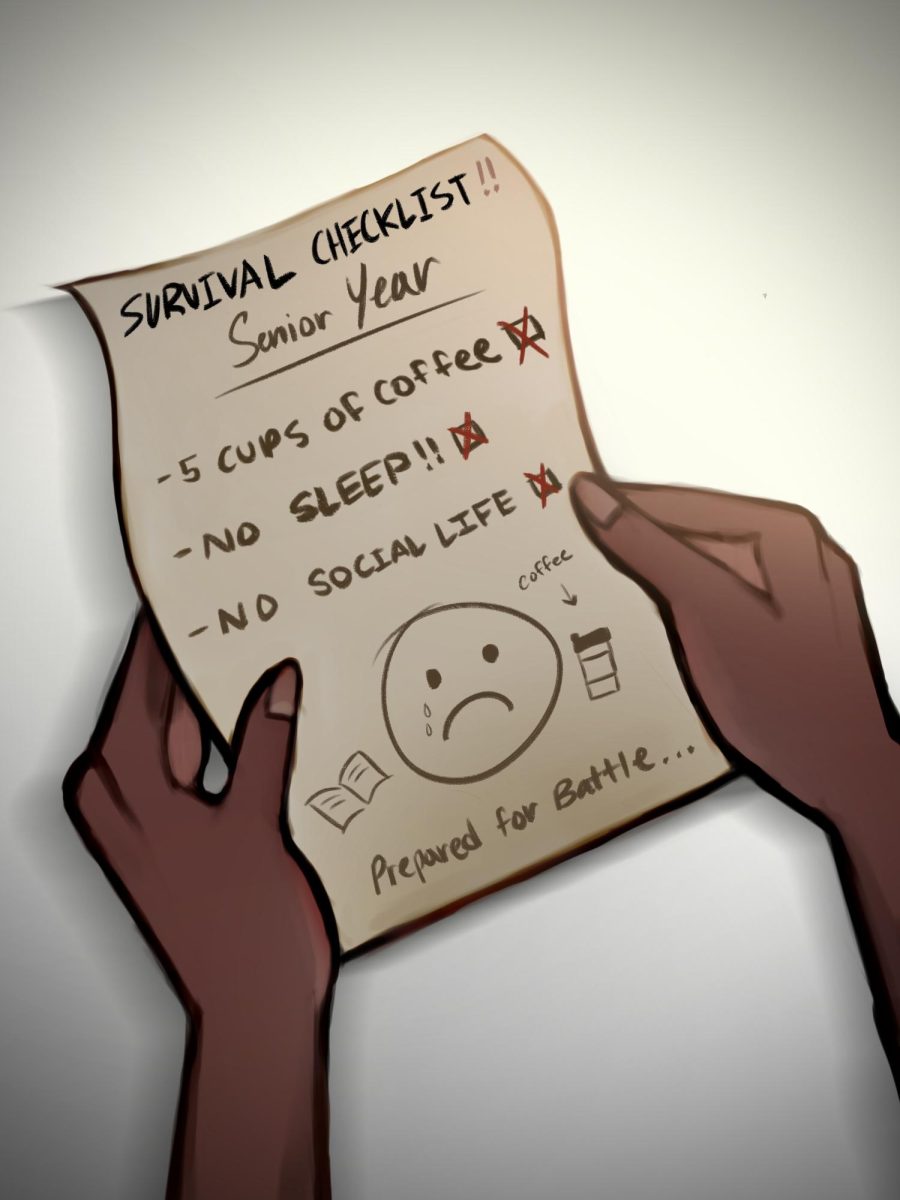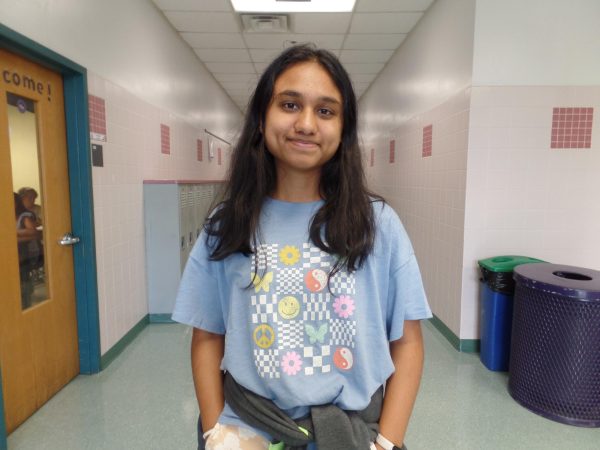Climate activist Greta Thunberg often compares the climate crisis to a house on fire. This emphasizes the situation as simple, yet urgent. The inhabitants scream for help, running for their lives, ignoring the new charcoal grill or kitchen renovation plans – because in moments of crisis, fear is what drives action.
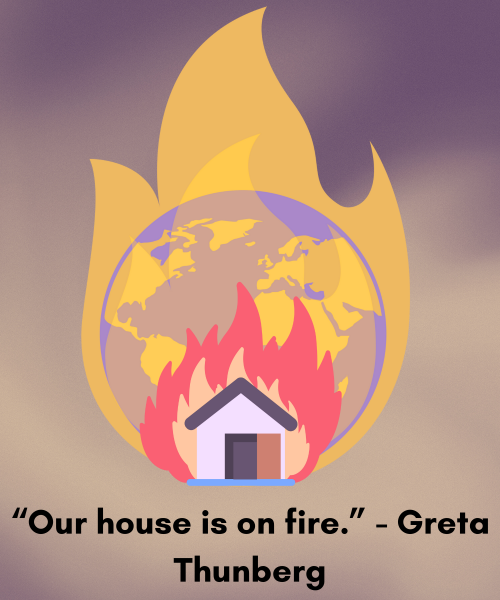
However, unlike that burning house, for climate change, there is nowhere to run – leaving only one option: taking action and fighting back. However, as the research backing the crisis’s legitimacy rises, so does the world’s carbon emissions.
This problem will never be solved solely by the goodness of any government’s heart, falling on the masses of the population to push for solutions, but the climate movement continues to draw more inactive and skeptic members than firm believers. There shouldn’t be hope until there is action because it’s not just a house that’s burning – it’s an entire planet. Still, the world keeps drawing up kitchen plans for an unstable future and firing up charcoal grills that only add fuel to the flames.
According to the United Nations, the world population will be around 9.7 billion by 2050. Out of that, a staggering 1.2 billion people are predicted to be climate disaster refugees – 12% of that population. Yet, climate change ranks only 11th out of 16 major issues to Americans according to Pew Research, constantly being overridden by concerns about the economy and immigration.
Even though hope may comfort those already knee-deep in panic, it serves no purpose to those who continue to ignore the problem or the fear they feel. Instead, hope makes many feel like solutions already exist and that those advocating for change are already handling it, using this as an excuse to continue ignoring their own fear or deeming their own support as unnecessary.
However, climate deniers and bystanders aren’t entirely at fault. The climate crisis is unlike anything faced before – even going against human psychology – so to an extent, their struggle is understandable.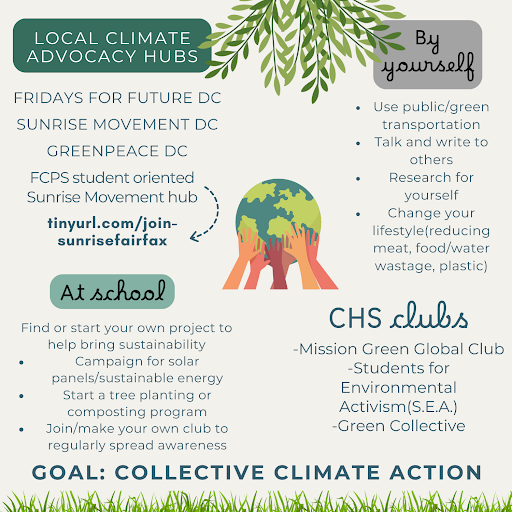
The crisis’s effect is nonlinear. According to Harvard Business Review, people are good at tracking linear trends, like noticing the gradual financial impact from buying expensive coffees every day. This is the opposite of nonlinear trends, like smoking every day unharmed and suddenly being caught by lung problems, which is similar to the climate crisis. Furthermore, many effects of climate change are distant to people, causing them to doubt its legitimacy. The effects of global warming and the simple data can be hard to fully believe unless one personally resonates with it.
This crisis requires a tradeoff between short-term and long-term benefits, a struggle embedded in human psychology. People focus on short-term pros and cons over long-term ones, allowing many to continue worrying about the economy and using non-renewable energy. According to The National Library of Medicine, humans are also designed to adapt to their circumstances, so when faced with gradually growing temperatures and constant awareness of a future threat, they adapt to protect their emotional selves, making a new “normal,” involving worsening damage going unnoticed.
It may be easier to push the problem away for later when faced with the ragged breathing and hopelessness that comes with thinking about impending doom. But it’s necessary to acknowledge it, and also that there is an alternative road – only if people choose courage over fear and open-mindedness over ignorance.
It isn’t human nature to live in a constant state of fear, but that’s not what the planet needs – it needs action. It is a choice every day to decide whether to live in the mindset of “global warming is over-exaggerated,” “the planet is doomed” or “the planet will be doomed if I don’t step up and at least try to stop it.”
The climate is changing now, and the future is worth being scared for, and more so, worth fighting for. It’s easy to join local climate advocacy hubs and school environmental clubs. Talking, researching and acting collectively to spread awareness and momentum for this movement is crucial. Fear is better than ignorance because fearing means caring. It isn’t the answer, but it’s the first step.



